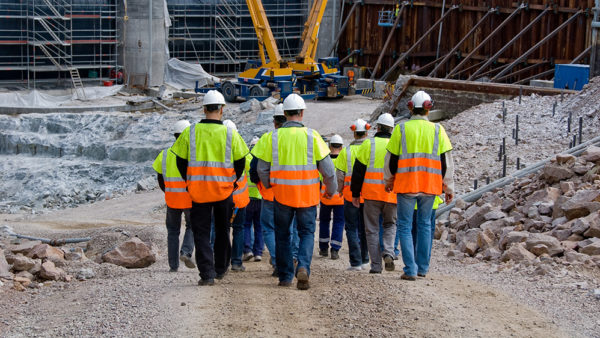The Copenhagen Climate Change conference represented one of the biggest opportunities to ensure we have some sort of future beyond the end of the century. But it’s clear that the general public find it difficult to engage with the problem.
Which is hardly surprising. With employment prospects at their worst for 15 years, the highest level of youth unemployment since the recession of the 1980s, a generation of unemployed graduates, it is no wonder that today’s issues seem more important than the amount of CO2 in the air in 40 years’ time.
Our promise to reduce emissions by 80% on 1990 values looked achievable when our economy was the fourth largest in the world. But it looks distant as we slide out of the top 10. Perhaps we should revise our targets along the lines of China and other countries and define our emissions in terms of “carbon efficiency”. That is, link carbon emissions directly to productivity and economic development.
Then we have the absurd situation where a steelmaking group can make more money from trading its carbon credits than it can from selling steel.
With 1,700 steelworkers losing their jobs in the north-east, it is an indictment of how the politicians are tackling this vital issue.
Almost 20 years ago I was involved with getting unemployed young people into work, making the dreaded Youth Training Scheme work and introducing the modern apprenticeship. When I joined the CIOB, youth unemployment was at an all-time low and still falling.
Ten years on it is galling to see that the situation is now worse than it was 20 years ago. Traditionally, the construction industry soaked up those who could not get a job elsewhere. But I don’t see this being the case in the future. If the world is to pull back from the brink of the carbon crisis then those working in construction will lead the way. The industry will become even more knowledge and technology based and require a much higher skill level.
The days of the industry operating with a large number of low-skilled people are gone. Unless we make the transition then we will have to import the skills we will need to build the new renewable power stations and infrastructure projects, and our own input will be the unskilled work.
Chris Blythe is chief executive of the CIOB











Comments are closed.